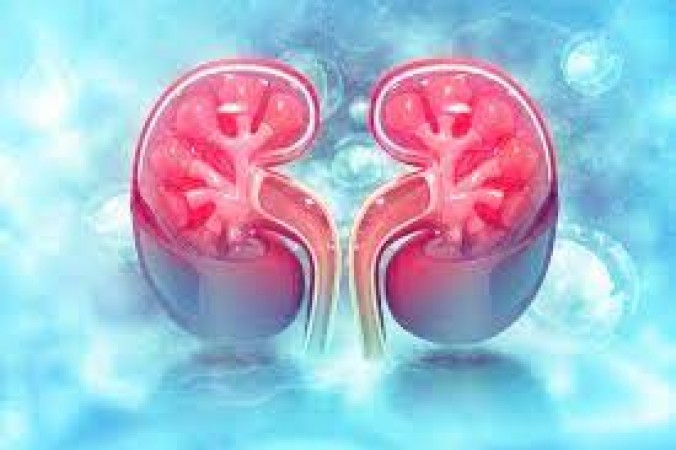
In the hustle of daily life, it's easy to brush off minor stomach discomfort as a passing inconvenience. However, these seemingly harmless twinges might be more significant than you think. Recent studies indicate that subtle stomach issues could potentially serve as early indicators of underlying kidney damage.
Understanding the correlation between stomach problems and kidney health is crucial. Our bodies often communicate distress signals through various channels, and the gastrointestinal system is no exception. When your stomach starts to act up, it could be a red flag signaling potential issues in the kidneys.
Acid Reflux and Kidney Link: Persistent acid reflux may not only irritate your esophagus but could also be associated with kidney problems.
Bloating Blues: Frequent bloating may indicate water retention, a common symptom of compromised kidney function.
Digestive Discomfort and Proteinuria: Unexplained digestive discomfort could be linked to proteinuria, a condition where excess protein is excreted through urine—an early sign of kidney damage.
Subtle Stomach Pain: Don't dismiss minor stomach pain; it might be your body's way of hinting at underlying issues.
Changes in Bowel Habits: Pay attention to alterations in bowel habits, as they could be indicative of a broader health concern.
Nausea and Vomiting: Persistent nausea or vomiting may signal more than just a stomach bug.
Stay Hydrated: Proper hydration supports kidney function; make sure you're getting enough water throughout the day.
Balanced Diet: Adopt a diet rich in fruits, vegetables, and whole grains to promote overall kidney health.
Regular Exercise: Physical activity aids in maintaining a healthy weight and can contribute to better kidney function.
Persistent Symptoms: If stomach issues persist, consult a healthcare professional to rule out underlying kidney problems.
Routine Check-ups: Regular health check-ups can help detect potential kidney issues early on.
Family History: Individuals with a family history of kidney problems should be particularly vigilant about monitoring stomach health.
Common Causes: Diabetes, high blood pressure, and certain medications can contribute to kidney damage.
Silent Progression: Kidney damage often progresses silently, emphasizing the importance of proactive health measures.
Holistic Wellness: Maintaining kidney health isn't just about the kidneys—it's a crucial component of overall well-being.
Mind-Body Connection: Recognize the interconnectedness of bodily systems, with kidney health influencing various aspects of your health.
Prevention is Key: Adopting a healthy lifestyle can significantly reduce the risk of kidney damage.
Community Outreach: Share knowledge about the link between stomach issues and kidney health within your community.
Social Media Advocacy: Utilize social media platforms to raise awareness about the importance of regular health check-ups.
Empowering Individuals: Encourage others to listen to their bodies and prioritize health, fostering a proactive approach to well-being.
Car Battery Care Tips: If you are also making this mistake, your car will make you sweat!
Inauspicious Meanings of Seeing a Cow in a Dream in These 5 Ways
Solo Trip Guide: If you are doing a solo trip for the first time, then avoid these mistakes